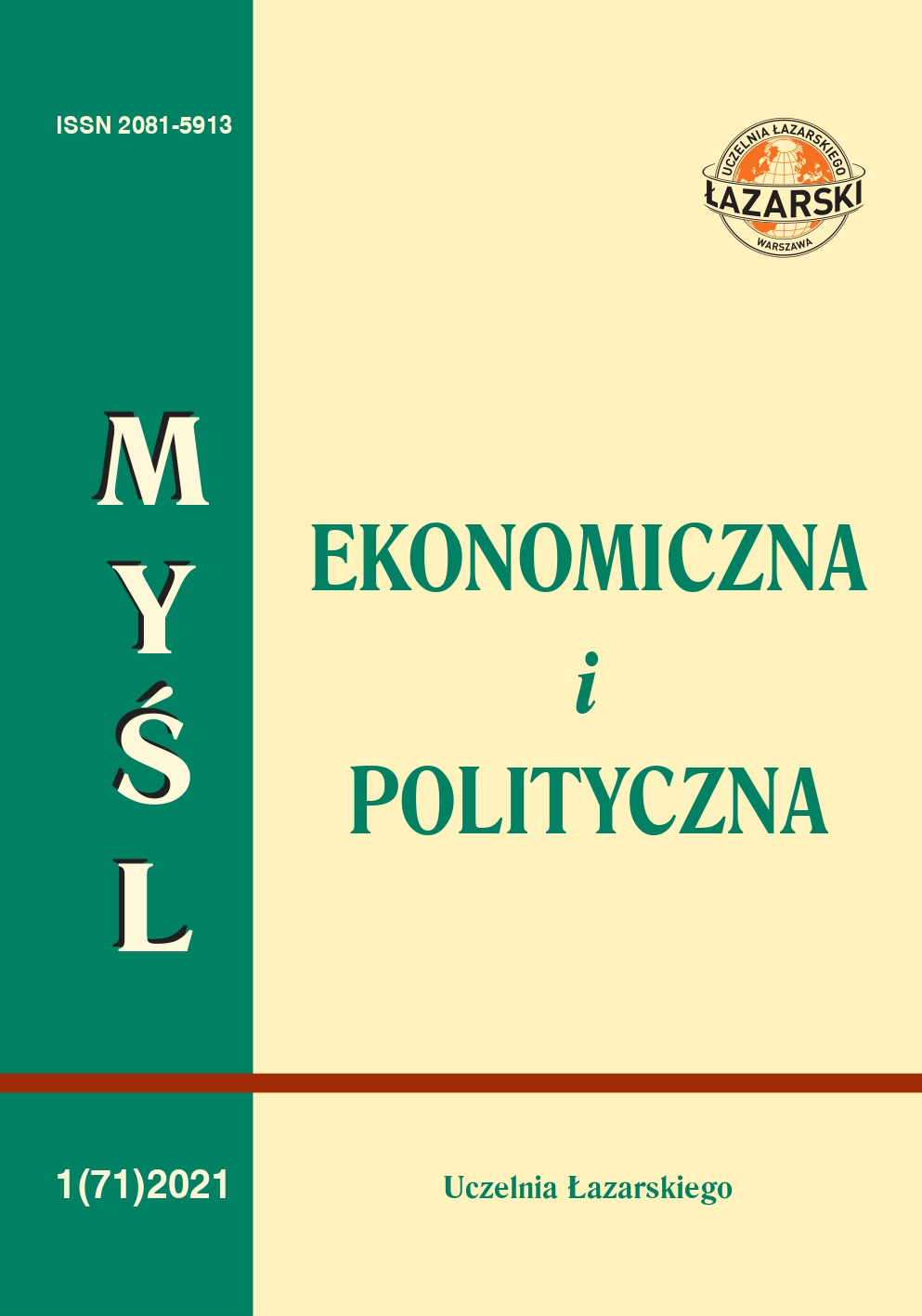Libya and Côte d’Ivoire: two countries, one resource, differing approaches
Keywords:
crude oil, foreign policy, geoeconomics, Libya, Côte d’Ivoire, political stabilityAbstract
In modern international relations, resources such as crude oil play a key role as a bargaining chip in trade and politics. It can therefore be stated that it can be effectively wielded as a tool in foreign policy. Yet each actor that has access to crude oil must conceive of its own strategy to effectively use that resource. The article focuses on Libya and Côte d’Ivoire as two examples of vastly different approaches to the idea of crude oil as a geoeconomic resource. It introduces the topic with an explanation of how geopolitics and geoeconomics differ, yet it then focuses on how crude oil production and trade can be an expression of foreign policy. The following chapters elucidate how the concept of building status and prestige through crude oil is dependent upon various factors. It begins by expounding on the historical aspect of crude oil production in the eponymous countries. It continues on to analyze economic and statistical data on crude oil reserves and production, as well as additional key indicators such as GDP growth and political stability. These factors, analyzed in tandem, provide a foundation for understanding how the political situation in Libya and Côte d’Ivoire can influence crude oil production. Furthermore, they allow for a crucial point to be made in the following chapters of the article. Namely, crude oil export can be a highly effective means of building economic relations and, consequently, political prestige. However, the article leads to an important conclusion in addition to this. This process of crude oil exploitation can only be carried out if and when the internal political climate of a country allows for it, as ineffective and crisis-addled governments are ineffectual in how they conduct their foreign policy.
Downloads
Published
Issue
Section
License

This work is licensed under a Creative Commons Attribution-NonCommercial-ShareAlike 4.0 International License.

